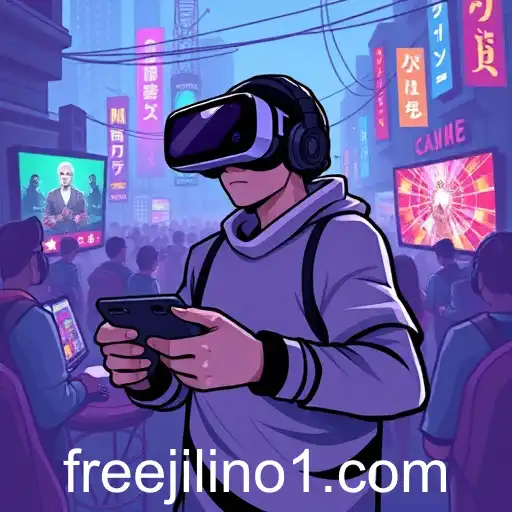
The landscape of online gaming is constantly evolving, and 2025 is shaping up to be a pivotal year in this realm. A prime example of this evolution is 'jilino1,' a burgeoning platform that has captivated gamers with its innovative approach to community building and interactive gameplay. As the influence of such platforms grows, they reflect broader changes in how communities form and engage with one another in digital spaces.
'Jilino1' has become synonymous with dynamic gaming interaction, offering users not only a place to play but also a space to share experiences and form meaningful connections. This trend highlights the increasing desire for social integration within gaming platforms, as players seek more than just entertainment—they crave a sense of belonging and identity within these virtual worlds.
Moreover, the integration of advanced technologies like virtual reality (VR) has further transformed the gaming experience. VR's immersive environments provide players with unprecedented opportunities to engage deeply with content, making platforms like 'jilino1' even more appealing to both casual and dedicated gamers.
These innovations are not just altering how games are played; they are reshaping entire ecosystems of interaction and monetization. Developers are increasingly focusing on creating content that encourages in-game socialization, boosting player retention and engagement. This shift represents a significant departure from traditional single-player narratives and highlights the economic potential embedded in cultivating vibrant online communities.
The implications of these changes extend beyond gaming. As more people connect through gaming platforms, these virtual communities are becoming influential social spaces. They challenge conventional notions of friendship and community, proving that digital interactions can be as meaningful as physical ones. This evolution mirrors wider societal trends where digital and real-world interactions increasingly overlap, leading to a unique blend of experiences that redefine social norms.
In conclusion, platforms like 'jilino1' exemplify the dynamic nature of online gaming communities. As technology continues to advance, the lines between reality and virtual spaces blur, paving the way for new forms of digital socialization and interaction. The trajectory of these innovations promises an exciting future for the gaming industry and its communities, marking 2025 as a transformative year in the continuing saga of online interaction.


